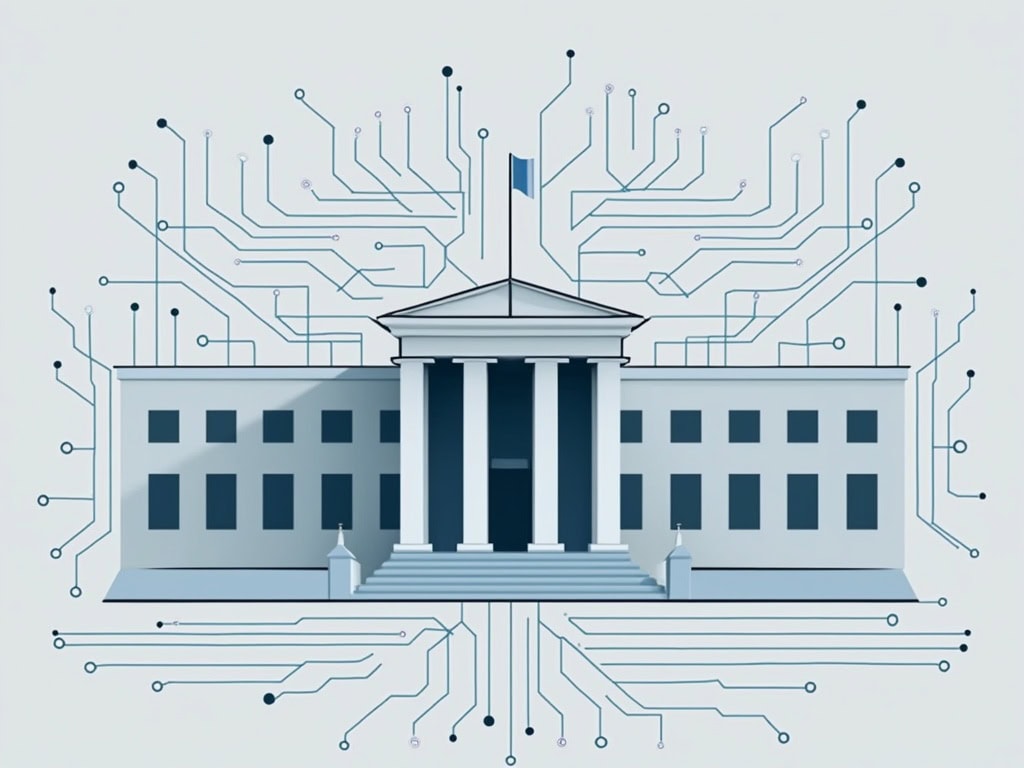House Passes AI Regulation Moratorium: Implications for State Protections and Oversight

House Passes Sweeping AI Regulation Ban in Controversial Budget Bill
The U.S. House of Representatives narrowly passed a comprehensive bill that includes a surprising 10-year moratorium on state and local artificial intelligence regulations. The measure, part of H.R. 1 dubbed the "One, Big, Beautiful Bill," cleared the House with a razor-thin margin of 215-214 on Thursday, May 22, 2025.
The legislation's AI provision, buried within federal IT modernization language, would effectively nullify existing state-level protections against AI discrimination, algorithmic bias, and deepfake technology. Understanding the fundamental concepts of artificial intelligence becomes crucial as this dramatic shift in AI oversight comes without establishing any federal regulatory framework to replace state guidelines.
Current State of AI Regulation
The moratorium's broad scope would impact multiple areas of existing state oversight:
- Hiring bias protections
- Deepfake prohibition laws
- Algorithmic transparency requirements
- Consumer protection measures
The bill includes a narrow exception for criminal enforcement but eliminates civil enforcement mechanisms that states have developed to protect citizens from AI-related harms. These changes highlight significant risks and challenges of AI implementation in business.
Legislative Structure and Expert Analysis
Legal experts note the bill's unusual structure lacks traditional preemption language typically found in federal legislation seeking to supersede state laws. Instead of establishing clear federal authority, the measure simply prohibits state enforcement for a decade without providing alternative regulatory standards.
"This isn't comprehensive AI regulation. It's a placeholder," explains Violet Sullivan, a legal expert following the legislation. "We don't need quiet preemption. We need clear rules, public input, and actual governance."
Business and Technology Impact Analysis
The proposed moratorium creates significant implications for businesses and technology companies. Organizations must understand how artificial intelligence can benefit their operations while navigating these regulatory changes:
- Regulatory uncertainty in the absence of federal guidelines
- Potential elimination of state-level consumer protections
- Reduced oversight of AI implementation in critical sectors
According to the AI Policy Institute, this legislation represents a pivotal moment in American AI policy, potentially reshaping the regulatory landscape for the next decade. As the Senate considers the measure, stakeholders across business, technology, and civil rights sectors continue to debate its implications for innovation and consumer protection.
Organizations should monitor the bill's progress through the Senate, document their current compliance with state regulations, and maintain ethical AI practices despite potential reduction in oversight.

